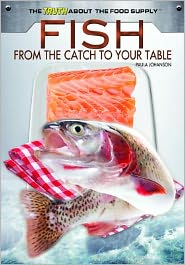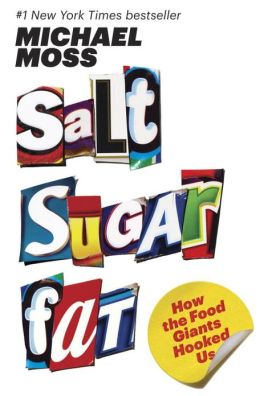In other words, the stigma of the deserving and non-deserving [poor] has been re-emphasised, and less eligibility as a general concept has not disappeared. The purpose is obvious: to make sure that wage demands are held down in a period of high unemployment, and to encourage the jobless to take work at any price. The euphemism is "work incentive programmes" such as the one introduced in Saskatchewan in 1984 under the guise of welfare reform. Benefits to unemployed employable people on social assistance were first cut; some of the money saved was put into short-term job creation and training schemes for which clients were eligible after a three-month waiting period; and the employable clients were then told that if they did not accept what was offered, they would be cut off welfare. Similar schemes with local variations operate in a number of other provinces. In this way, the victims of structural unemployment are individually blamed and made to suffer for situations beyond their control.
The food banks, unwittingly it would seem, play their part in promoting these policies by acting as the voluntary back-up to a public safety net that has fallen apart. If and when they become accepted as a permanent feature of the Canadian welfare system, perhaps receiving federal grants through the Canada Assistance Plan for which they are undoubtedly eligible, then their long-term function of social control will become clearer. People already feel stigmatized and inadequate by having to turn to social assistance. If they then cannot manage on the parsimonious benefits they receive, one can only imagine their feelings of sheer helplessness at having to turn to the food banks.
So says Graham riches on page 126 of Food Banks and the Welfare Crisis, a book I have finally finished reading. It came out in 1986, covering the fist half of the decade and the birth of the neo-conservative attacks on Canadian society. And here we are, twenty seven years later, and food banks are an established part of the welfare system, allowing the 1% to skive off from their responsibility to the system that allowed them such success and unimagined wealth.
Food banks are in a difficult position; both an honest and humanitarian response to the problem of hunger, and a way to allow untenable social policy to become a fixture in our society. By getting caught up in the difficult business of acquiring food and "food" for distribution, we are too damned tired to pursue the necessary action for political change that must happen in order to change the system that's causing the problem in the first place. From a politician's point of view, volunteerism is perfect; bad policy can be pursued and no one will yell at him about it.
Doesn't make it right, though.









